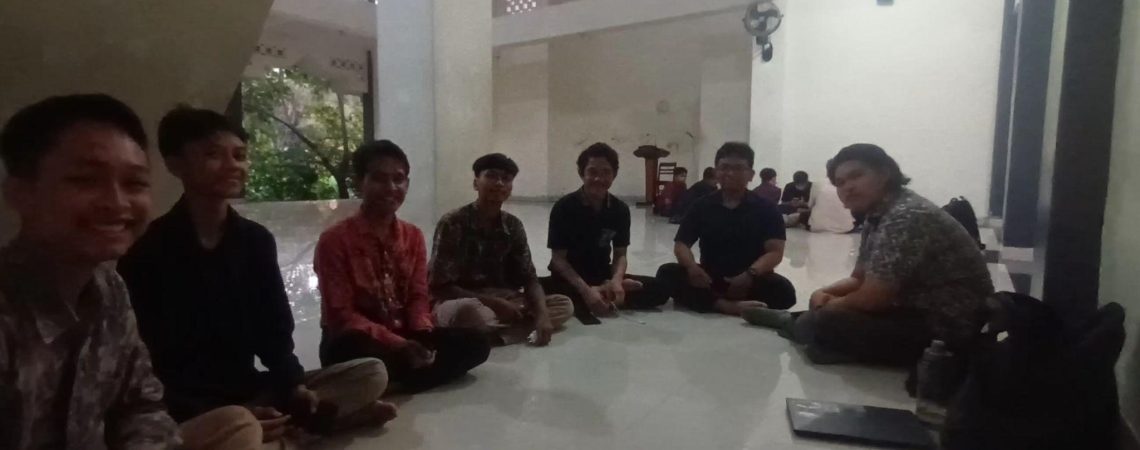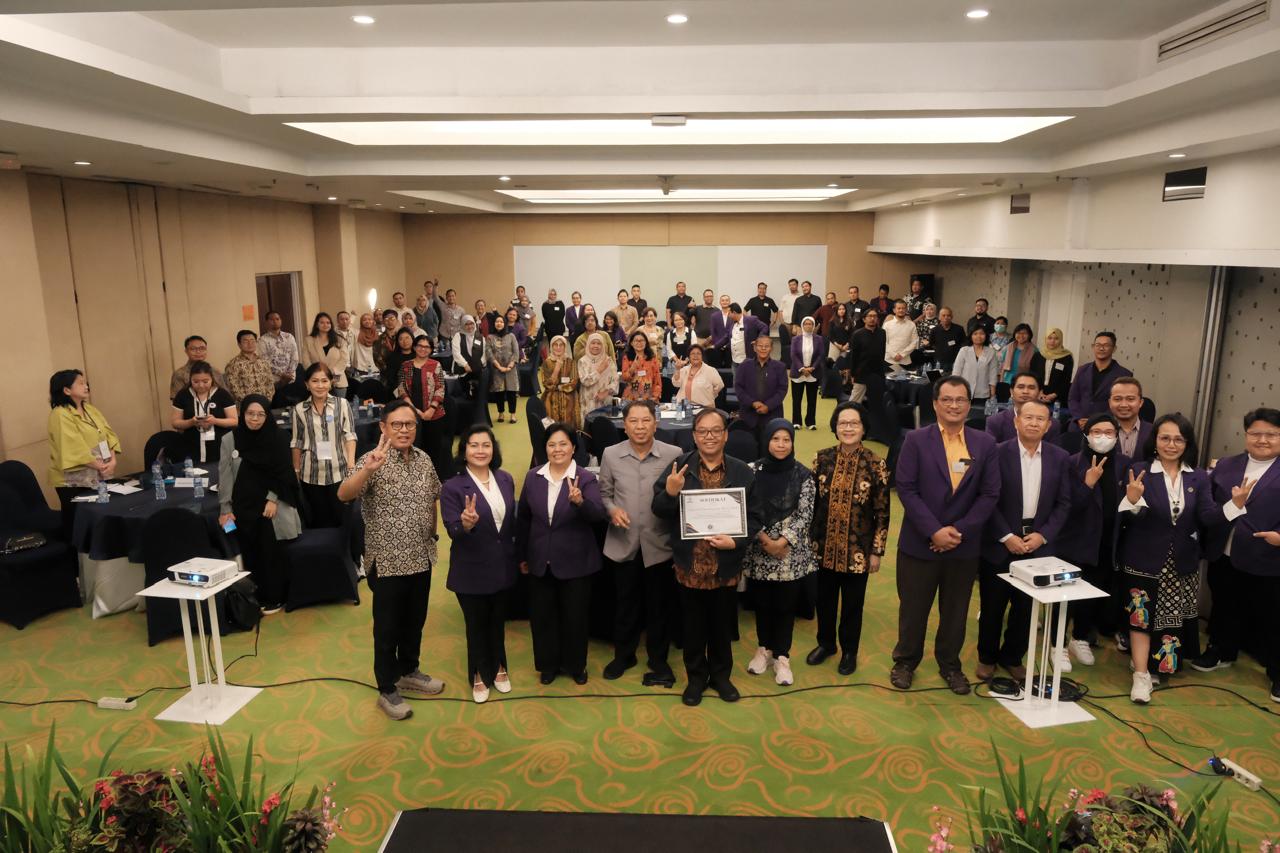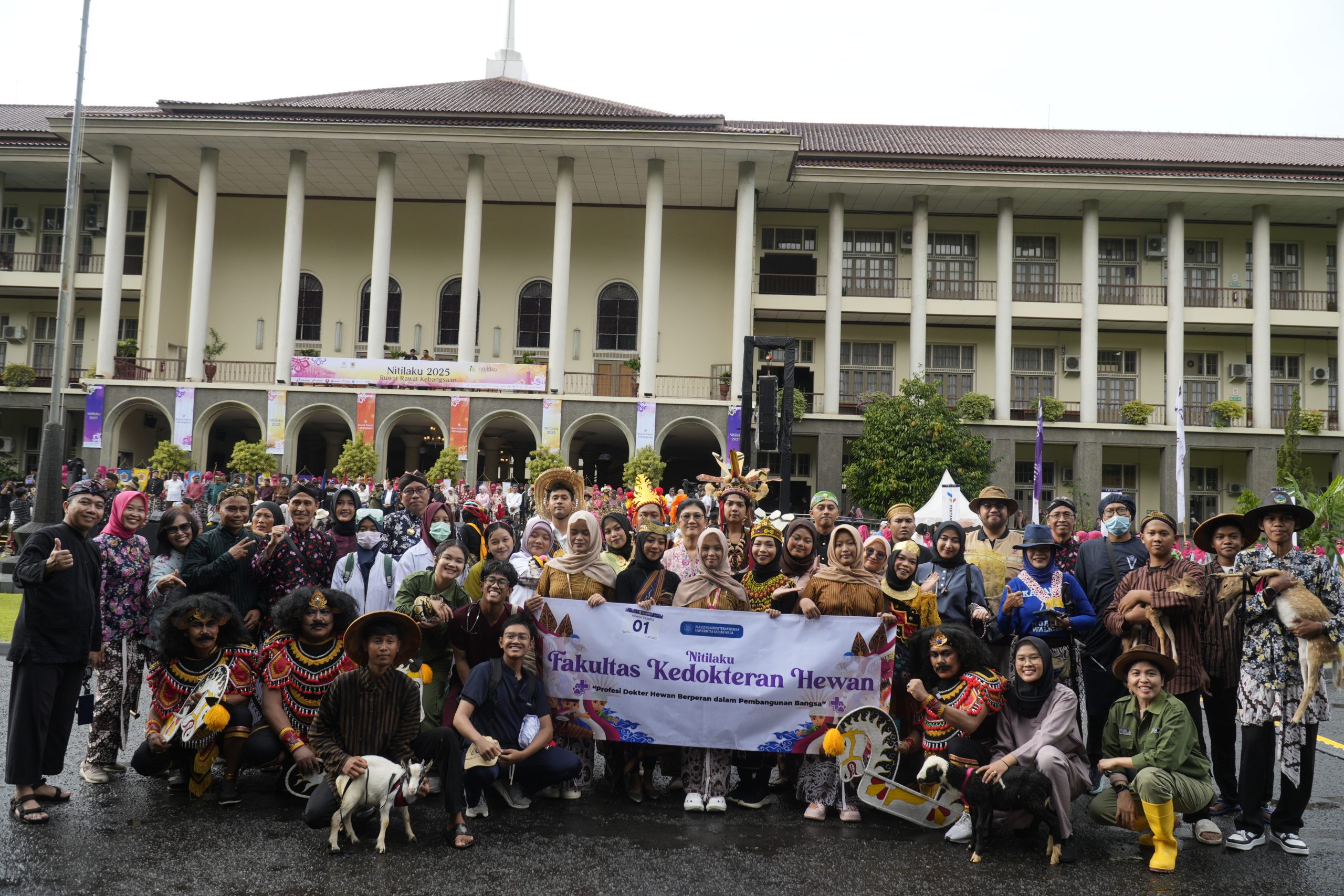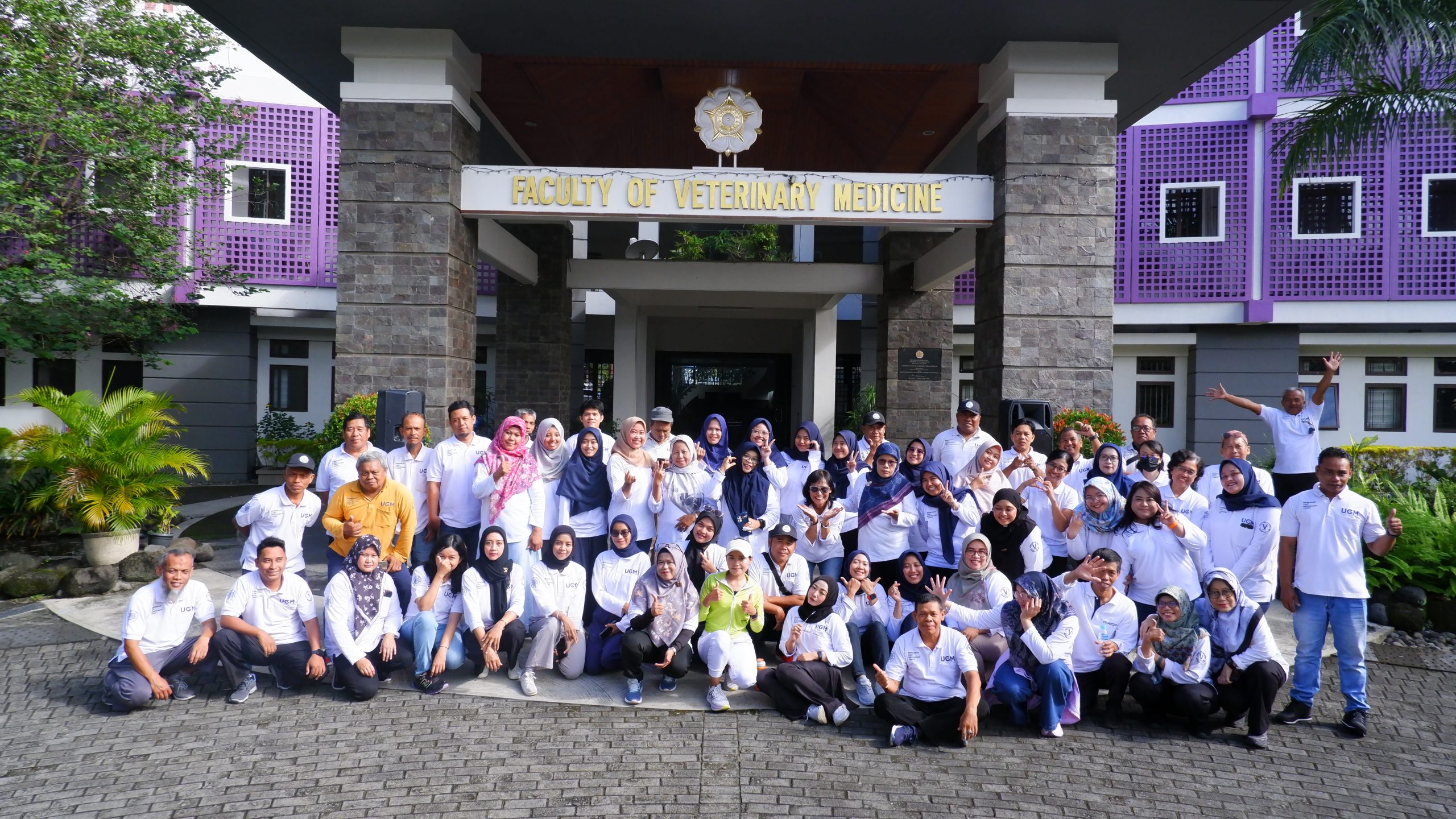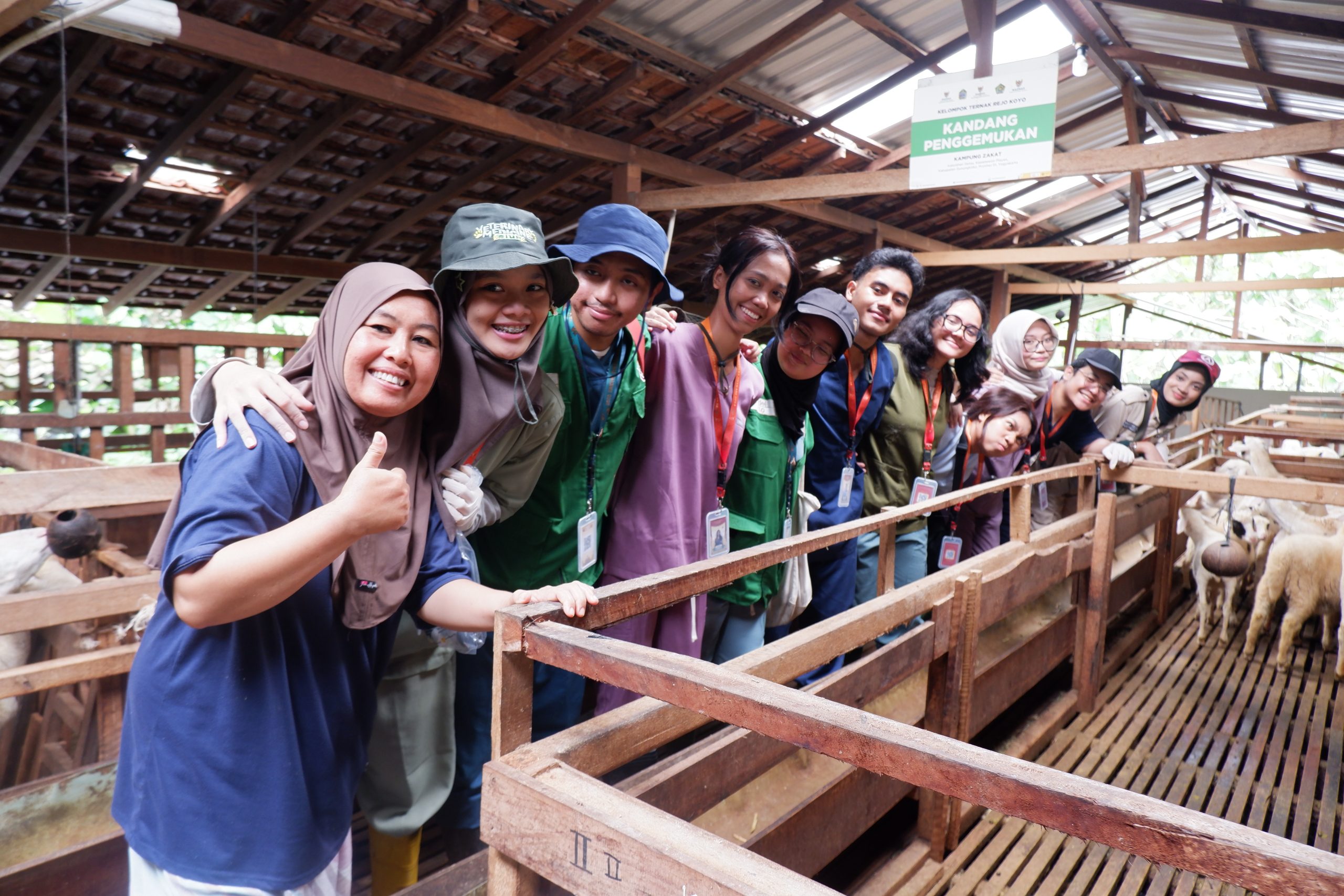The Community Resources Empowerment activity began on November 1, 2024, with preparatory assistance, event introduction, and the division of participants into small groups, consisting of the Muslim students of the 2024 batch. After the division into small groups, mentoring sessions were held from November 2 to 13, 2024. The Community Resources Empowerment activity took place within the Faculty of Veterinary Medicine, in accordance with the agreement between mentors and small group members.
The mentoring sessions were conducted to revisit the basics of the Islamic faith. Several topics discussed in the mentoring sessions included aqidah (belief), including the explanation of the various aspects of tawhid (monotheism), a Muslim’s attitude towards shirk (polytheism), embracing Islam fully, belief in the Prophet Muhammad (peace be upon him), understanding the briefness of life, including matters related to the grave and the Day of Judgment, a brief fiqh (jurisprudence) on wudu (ablution) and prayer, and the manners of being a Muslim and a student.
Each meeting began with the recitation of verses from the Qur’an, with a focus on improving each student’s recitation, especially of Surah Al-Fatihah, as it is the surah that must be recited in every prayer. This was followed by the material session, which typically lasted 45-60 minutes, depending on the content of each topic, and was concluded with a Q&A session if needed.
This activity is in line with SDG 4: Quality Education, which aims to ensure inclusive, equitable, and quality education and promote lifelong learning opportunities for all. The religious guidance provided in this activity offers a foundation of education that not only covers intellectual aspects but also spiritual and moral aspects for the students. This is crucial in shaping strong character, which will be beneficial for navigating professional and social life. By introducing profound religious values, this activity helps students develop a balanced spiritual intelligence alongside their academic intelligence.
Additionally, through the division into small groups, participants are given the opportunity for more intensive discussions and personalized learning with mentors, ensuring that each student receives maximum attention in understanding the material and developing a deeper understanding of their faith. Learning in a conducive environment supports the achievement of quality education that is relevant to the needs of the times.
The Community Resources Empowerment activity also contributes to SDG 10: Reduced Inequality. The program is conducted with an inclusive approach, providing equal opportunities for all students regardless of their social and economic backgrounds. By providing equal religious guidance to all participants, this activity helps reduce the disparity in access to religious education, which is often influenced by social or economic factors.
Furthermore, by enhancing religious understanding and human values, this activity also aims to reduce social inequalities among students. During the mentoring process, students are taught the importance of mutual respect and cooperation, regardless of background, which aligns with efforts to build a more just and equitable society.
Author: Shakhra Zaha Fairuza
Photo Credit: Documentation Team of Muslim Veterinary Student Family

